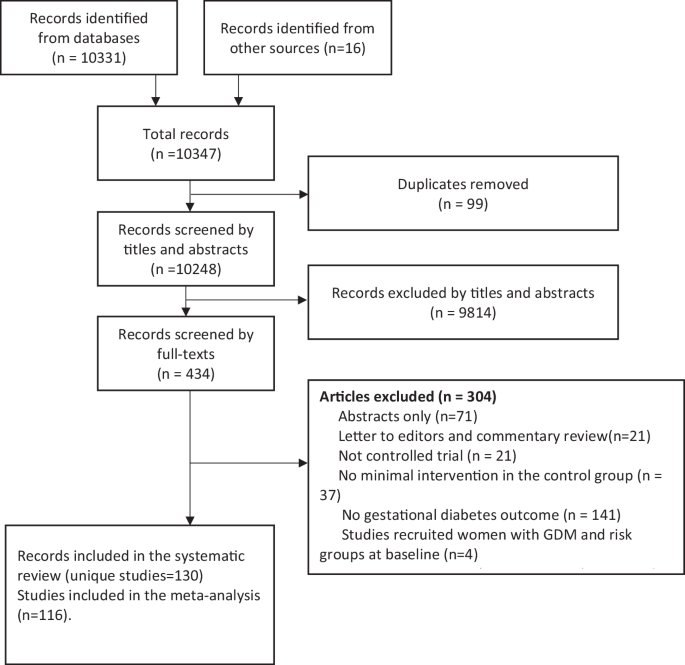The Global Diabetes Challenge: Unpacking Insights from Leading Researchers
In a world increasingly bound by health challenges and inequalities, one chronic condition transcends borders: diabetes. As statistics spiral upward—over 537 million adults living with the disease globally—an urgent call for innovative solutions echoes louder than ever. This global epidemic isn’t merely a health crisis; it also represents a socioeconomic quandary that demands interdisciplinary collaboration across continents.
A Multidisciplinary Approach
At the nexus of research and healthcare innovation, a cadre of experts stands ready to tackle the complexities of diabetes. Spearheaded by teams from Australia, the United States, and Europe, they aim to bridge complex gaps in understanding how genetic, environmental, and lifestyle factors intertwine to influence diabetes prevalence. Wubet Worku Takele of Monash University asserts, “Our study highlights the need for cultural sensitivity in diabetes education, as a ‘one-size-fits-all’ approach simply does not work.”
The collaboration encompasses prestigious institutions:
- Eastern Health Clinical School, Monash University, Australia
- Kaiser Permanente Center for Health Research, USA
- University of Antwerp, Belgium
- Pennington Biomedical Research Center, USA
- Madras Diabetes Research Foundation, India
Innovative Interventions
Tailored Diabetes Management Programs
Research led by Kimberly K. Vesco at Kaiser Permanente highlights the efficacy of personalized diabetes management programs that focus on dietary and lifestyle modifications. Such tailored interventions can effectively reduce HbA1c levels, a key marker in diabetes management. “When patients receive personalized care plans that consider their lifestyle, results are transformative,” Vesco noted during a recent panel discussion.
Data-Driven Decision Making
A groundbreaking analysis from the Pennington Biomedical Research Center underscores the transformative power of big data in understanding diabetes risk factors. Data from a plethora of studies reveal that behavioral interventions, when applied correctly, can significantly reduce incident cases of diabetes by up to 42%. Leanne M. Redman, a leading researcher at the center, remarked, “Data is the new oil; effectively refining it yields groundbreaking insights that can change lives.”
The Role of Genetics in Diabetes Risk
Recent findings from the University of Chicago’s Kovler Diabetes Center reveal underlying genetic factors that predispose individuals to diabetes. As researchers dive deeper into genomics, they are re-evaluating traditional assumptions. “The more we learn about the genetic components of diabetes, the more we realize that lifestyle modifications can counteract those risks,” explained Louis H. Philipson from the center.
Addressing Barriers to Access
Access to effective diabetes care is inconsistent, particularly in underserved communities. The challenge lies not only in geographical accessibility but also in cultural perceptions surrounding health and illness. “A culturally informed approach isn’t just beneficial; it’s essential for effective diabetes management,” emphasized Sian C. Chivers from King’s College London.
Future Perspectives
Looking ahead, the collaborative efforts aim to leverage insights from various disciplines to create a holistic understanding of diabetes. The imminent question is: how can we better mobilize global efforts to combat this multifactorial disease? Data-driven policy changes, innovative health technologies, and culturally-sensitive educational initiatives may well hold the key.
As global diabetes prevalence continues its upward trajectory, the need for cooperation becomes increasingly crucial. Research is not just about data; it’s about people, communities, and ultimately, shared human experiences. By bringing together diverse perspectives, the international health community can hope to dismantle the barriers to effective diabetes management and care.
As Wubet Worku Takele eloquently stated, “Each discovery is like a puzzle piece. Alone, they have little impact, but together, they reveal a comprehensive picture of diabetes management that is truly global in scope.” The road ahead may be fraught with challenges, but the collective determination of these experts offers a beacon of hope in this ongoing battle against diabetes.
Source: www.nature.com


